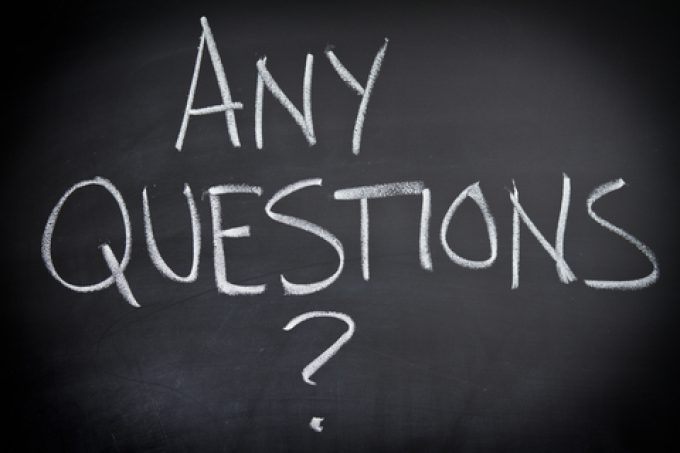'Great Reset' – playing chicken with the tariffs game
Keep a cool head

Harvard Business Review writes:
Companies around the world are confronting a new era of globalization. The combination of geopolitical rivalries, sweeping supply-chain vulnerabilities exposed by the Covid-19 pandemic, and the rise of nationalist-centered politics foreshadows a much more challenging global trading environment. In addition, the recent U.S. election of Donald Trump as president points toward a more transactional approach to foreign relations and trade.
All this means that managers need to rethink their globalization strategies, starting with a deep ...
Trump tariffs see hundreds of cancelled container bookings a day from Asia
Macron calls for ‘suspension’ – CMA CGM's $20bn US investment in doubt
De minimis exemption on shipments from China to the US will end in May
Forwarders stay cool as US 'liberation day' tariffs threaten 'global trade war'
Mixed response in US to 'Liberation Day', while China leads wave of retaliation
Tariffs and de minimis set air freight rates on a volatile course
Overcapacity looms for ocean trades – with more blanked sailings inevitable
'To ship or not to ship', the question for US importers amid tariff uncertainty

Comment on this article